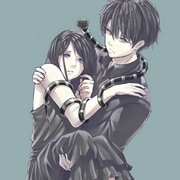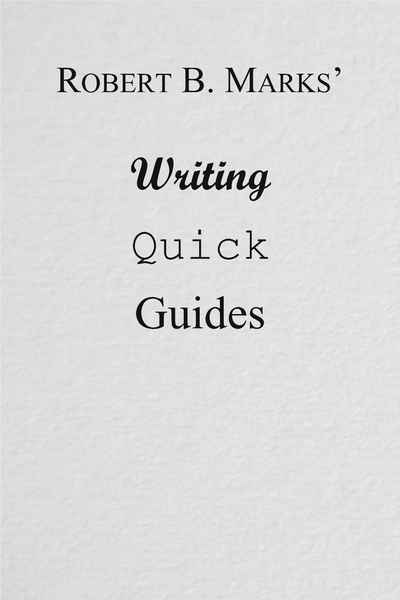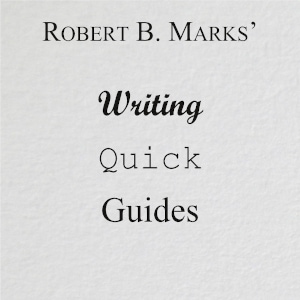I've previously looked at the opening sentence in isolation, but now I'm going to look at the opening as a whole, from the first paragraph to the first page to the first chapter or prologue.
The current approach could be described as "grab the reader by the lapels and throw them into action of the story." I've heard some speculation that this is a result of the rise of online media such as Youtube and the like, but I'm pretty sure that's wrong. Much of this comes from mid-late 20th century world of publishing, where any given manuscript sat in a slush pile of hundreds. The received wisdom was that a writer had 15 seconds to get the acquisition editor's attention, and one page to keep it. If they were still reading after 5 pages, the manuscript had a chance of being picked up.
Today that's no longer quite the case - the rise of self-publishing platforms has created a new dynamic where a book doesn't need to sit in a slush pile to see the light of day - but it does lead to best results. The same things that will hook an editor will also hook a general reader, and that is what your opening should be doing.
So, how does the opening work, and what should it be doing?
The main purpose of your opening paragraphs is to focus the readers' attention on what Robert McKee (the author of Story) calls the "inciting incident". This is the event that sets the story in motion. The key element of the inciting incident is its impact on the protagonist(s) - it causes their life to change in a way that forces them to react in some manner. So, as McKee says, a bored college dropout moving to a new city by itself is not an inciting incident, as the only thing that changes is the location - the character's life is otherwise unchanged.
In movies, the inciting incident sometimes occurs up to half an hour into the runtime. However, in the novel, this is pretty rare - almost any time there is a prologue, it is detailing the inciting incident. The opening paragraphs focus the attention (the opening sentence signalling that something worth the readers' time is about to happen, and the rest setting the scene), and then the inciting incident occurs.
So, let's take a look at how this might play out. For our hypothetical novel, the inciting incident will be the suicide of a rich eccentric (I'm cribbing this a bit from a movie called The Ninth Gate, but don't worry about that):
The opening paragraph gives us an elderly man in a luxurious silk housecoat pulling on a rope attached to the ceiling to check it for strength. (Reader reaction: Who is this man and why is he testing a rope in his housecoat?)
The second paragraph gives us environmental information - the man notices the raging storm outside, howling wind, lightning, thunder, etc.. (Reader reaction: creation of dread.)
The third paragraph narrows the focus from the outside to the inside. Now we learn about the room the man is in - perhaps he is in a library, surrounded by rare books. Perhaps there are odd things on the shelves as well, such as shrunken heads. (Reader reaction: whoever this person is, they are rich and eccentric and probably lead a good life, so why the rope?)
Now, in the fourth paragraph, we have this character (who we still haven't identified) step onto a chair, put the noose around his neck, and the inciting incident takes place.
Where the story goes from here is almost without limit. Perhaps this man's death starts a civil war in the family over his estate. Perhaps somewhere in his collection of oddities was a cursed book that the protagonist inherits and must now deal with. Perhaps this man was the part of a line of guardians preventing an ancient evil from entering the world, and the protagonist now has to pick up this mantle without anybody to train them. Perhaps this wasn't a suicide at all, and the man was compelled to kill himself, setting off the mystery of who killed him that the protagonist must now solve. And, if you really want to throw the reader a curveball, perhaps the protagonist is the actual owner of the house who comes home to find this person dead in their library, and now has to solve the mystery of who this man was and why he broke into the house to kill himself.
Regardless of where the story goes from here, the main point is that the inciting incident provokes change of some sort in the life of the protagonist. It is also important that the protagonist's reaction to this incident happens as soon as possible. You can get away with the protagonist getting a message about the incident on their phone and ignoring it while they do other things (ignoring it IS a reaction), but you can't get away with writing four chapters of the protagonist living their life before the message arrives.
Now, this hypothetical inciting incident is a fairly dramatic one, but there is no rule that says that the inciting incident has to be this way. The inciting incident of Re:Apotheosis is a dark lord from a bad fantasy story getting bored and leaving his story. It could be the protagonist meeting an attractive member of the opposite (or same, depending on orientation) sex, pulling them out of a holding pattern. It could be the protagonist finding a ring on the ground that leads them to try to learn its origin (which in turn could go in many different directions). So long as it provokes change in the protagonists life, the inciting incident - and the opening to your story - works, no matter how large or small it may be.











Comments (0)
See all